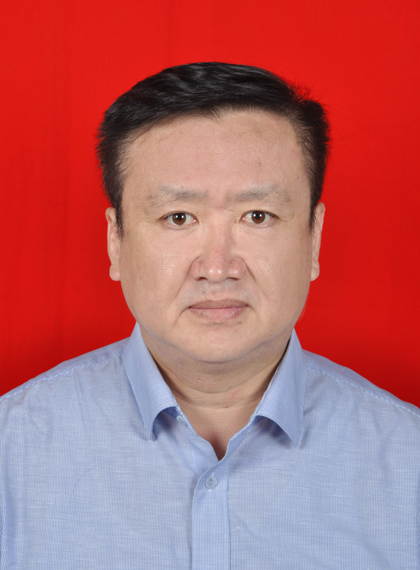|
Prof. Xingang Wang |

|
Education Background: |
Ph.D., Material Science and Engineering, Xi’an Jiaotongn University (XJTU), Xi'an, Shaanxi province, China, 2006
M.S., Material Science and Engineering, Xi’an Jiaotongn University (XJTU), Xi'an, Shaanxi province, China, 1994
B.S., Material Science and Engineering, Xi’an Jiaotongn University (XJTU), Xi'an, Shaanxi province, China, 1991
|
Career History: |
Vice Dean of School of Materials Science and Engineering, Chang'an University, Xi'an, China, 2015 -Now. Professor in Material Science and Engineering, Chang'an University, Xi'an, , China, 2014 -Now. Visiting Scholar in the Department of Chemical Engineering and Materials Science in University of California, Davis(UCDavis) in USA. 2012.02-2013.02. Associate Professor in Material Science and Engineering, Chang'an University, Xi'an, China, 2008 -2014. Lecturer in Material Science and Engineering, Chang'an University, Xi'an, , China, 2006-2008.
|
Creative works: |
Published more than 10 Papers in Materials Letters, Journal of Alloys and Compounds, Ceramics International etc. |
Civic activities: |
Expert reviewer of National Science Foundation of China (NSFC) 2012- Reviewers of Journal of Alloys and Compounds, Materials Letter, Ceramics International, etc. |
Present Positions: |
Professor, School of Material Science and Engineering, Chang'an University (CHD) |
Specialization |
Rare Metals and Metal Matrix CompositeMaterials |
Achievements |
Prof. Wang is interested in the study of rare metals and composites, high-temperature ceramics, refractory metals in particular, including tungsten, molybdenum and tantalum.The research projects involve the following aspects: 1) fabrication techniques, plastic deformation, mechanical properties and applications of refractory metals and alloys, including powder metallurgy process, high-temperature rolling, forging and extrusion of tungsten, tantalum, molybdenum and their alloys. 2) manufacture techniques of ultra-thin W-Cu and Mo-Cu composites used in electronic packaging and heat sink materials of IC chips. 3) the arc ablation-resistance properties of contact materials and used in high voltage switching device and as electrode materials such as W-Cu, Mo-Cu, W-rare earth alloys.4) amorphous structural ceramics and plastic deformation of ceramics. Prof. Wang is a member of China Metal Matrix Composite Association. He has presided over six projects over the past several years, including the National Natural Science Foundation, sub-project of National Key Research and Development Plan. More than 30 papers have been published, 5 national invention patents have been granted. |
Address: School of Materials Science and Engineering, Chang'an University, Xi'an 710064, Shaanxi province, China
Tel: +86-29-82337245 E-mail: zyxgwang@chd.edu.cn |

